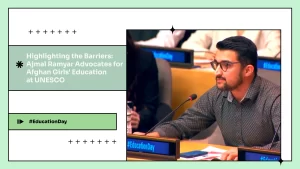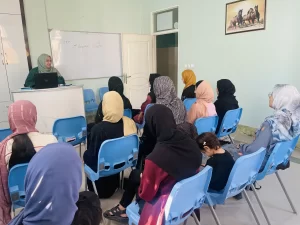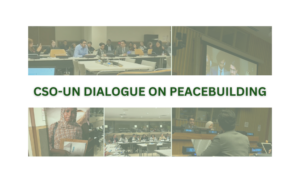INTRODUCTION
CONTENT
Content is basically the substance you present as an argument in a debate which involves the arguments, evidence, examples and the facts you tend to deliver to the judge.
ARGUMENT
Argument is a claim you make in favor of your side and support you proposition by further explanation and evidence. Content and persuasive arguments fall little when you do not master a persuasive debating style.
STYLE
Style is the manner in which you deliver your arguments. This is the most basic and fundamental part of debating to master.
ACTIVE LISTENING
Besides repeating your arguments with yourself during a debate before your turn, you better listen to the arguments of the debater before you in order to come up with valid and on point rebuttals to defend your side.
REBUTTAL
Tackling the core of the opposite side’s arguments and providing further analysis to it to support your side of the debate is called rebuttal.
NOTE TAKING
Notes are essential, but they must be brief and well organized to be effective. There is absolutely no point in trying to speak without notes. Of course, notes should never become obtrusive and damage your contact with the audience, nor should they ever be read from verbatim.
CLARITY
The ability to concisely and clearly express complex issues is what debating is all about. The main reason people begin to sound unclear is usually because they lose the “stream of thought” which is keeping them going. It is also important to keep it simple. While long words may make you sound clever, they may also make you incomprehensible.
EYE CONTACT
Eye contact with the judges is very important, if you want to convince a headstrong judge to give you the win you might want to have constant eye contact with favorable tone and body language toward the judge.
TONE
Being a monotone speaker is slightly boring for the judges, try to have varying tone, this is what makes you sound interesting.
WHY IS DEBATE TRAINING IMPORTANT?
Formal debate has rules that govern the process and interactions. The mentioned rules and process cannot simply be learned without a series of training and practice sessions. As for any skill to be mustered by an individual- mainly debate- , it often needs to be practiced intensively. Therefore, APT strives to provide weekly and monthly debate training before the provincial and national tournaments.
HOW ARE THE TRAININGS ORGANIZED?
APT provides practice sessions on weekly basis, mostly twice per week to enhance the capacity of the debaters. The trainings are supervised by the management team in the main office and carried by the experienced coaches in the universities. In the provinces, however, the regional coordinators have the responsibility of organizing the sessions, albeit supervised by the line manager in the main office.
WHAT ARE THE FOCUSED AREAS IN TRAINING?
The trainings are highly constructive and efficient. The primary sessions serve as introduction to different debating formats, structures, constructive speeches, role/positions, and responsibilities of each debater in a team. The advanced sessions are practice debates which are mainly focused on the debaters’ clarity, role fulfillment, time management, team consistency, fallacies, and emotions, counter argument understanding, respect and presumptions. Eventually, the debate and practice session ends with constructive feedback by the judge which points out
NATIONAL TOURNAMENTS:
Since 2010, being the only youth-led organization in Afghanistan that promotes the culture of debate among youth, APT has organized national tournaments for debaters in all across the country
PROVINCIAL TOURNAMENTS
The provincial tournaments are the road to national tournament. The purpose that provincial tournaments serve are assessment and evaluation
JOIN THE PROGRAM.






